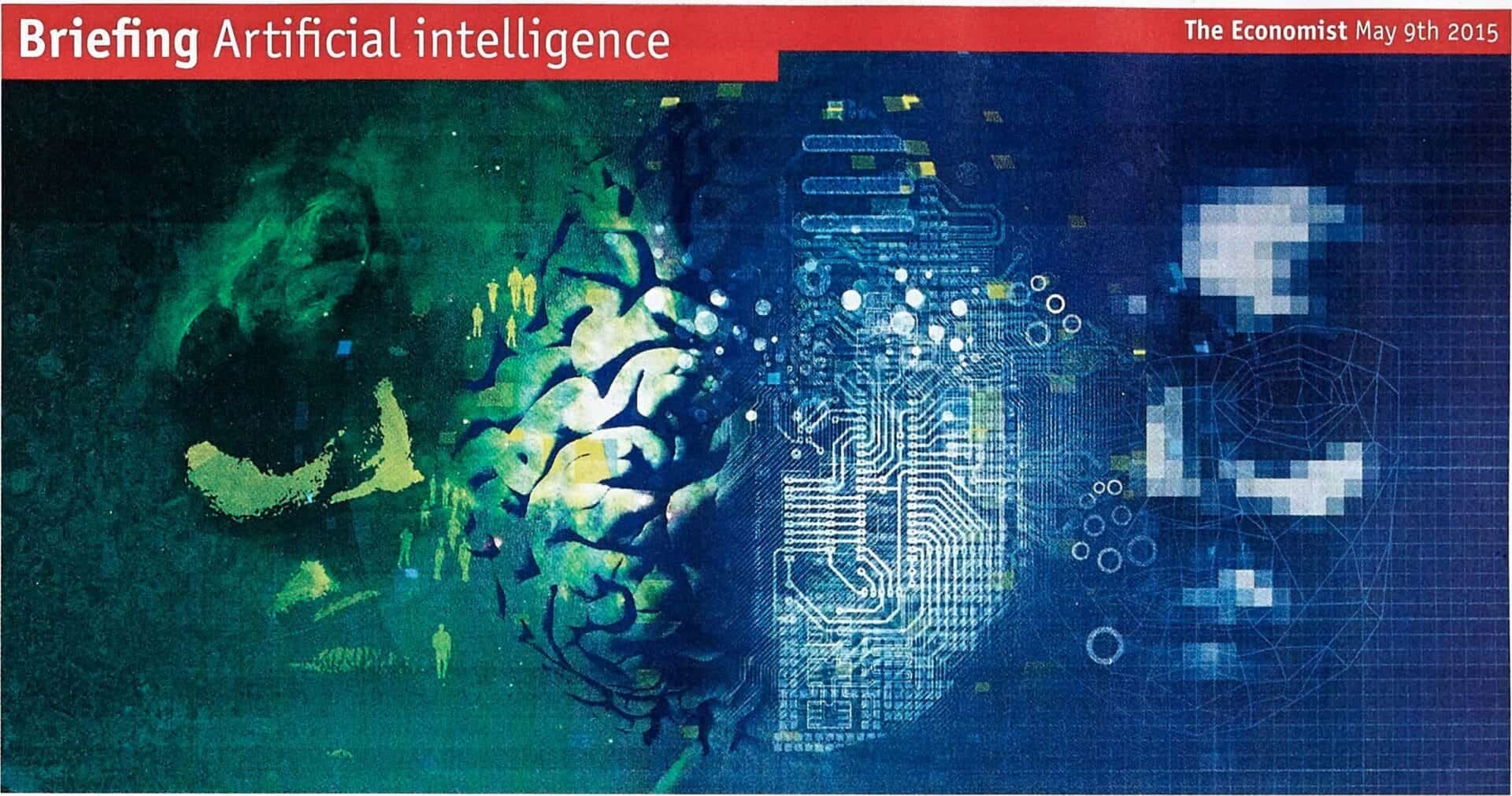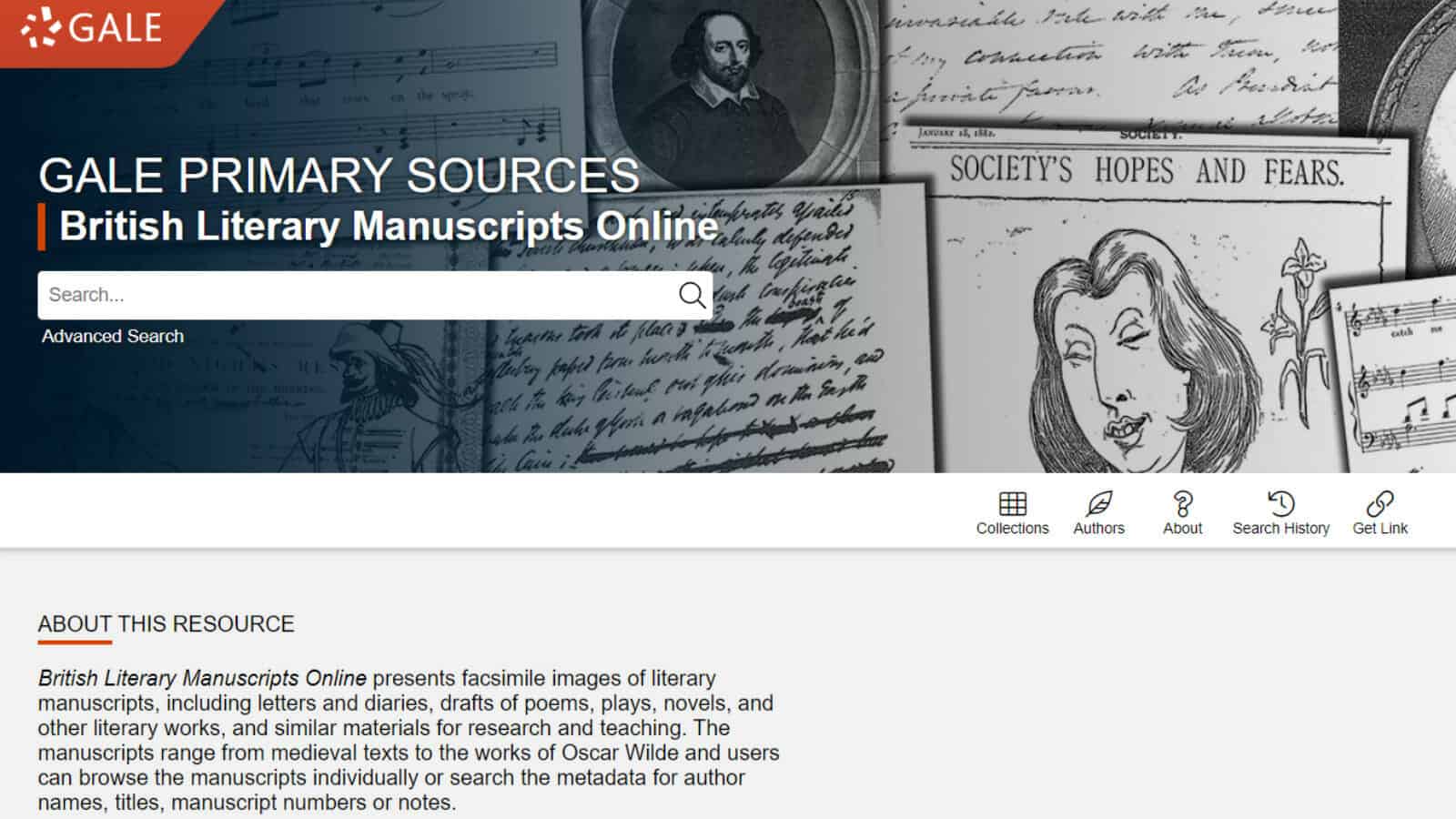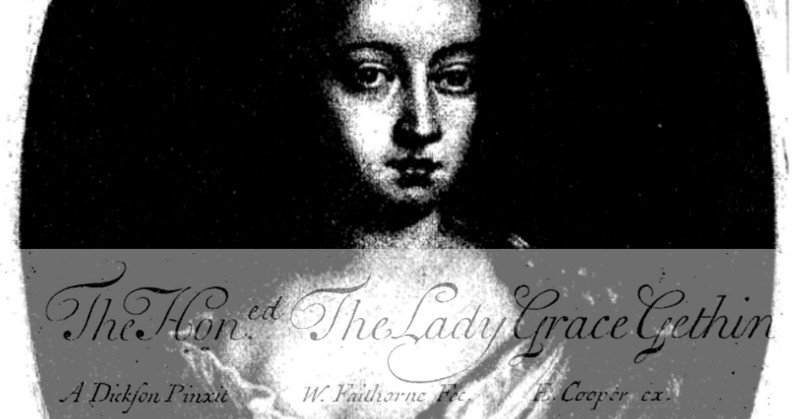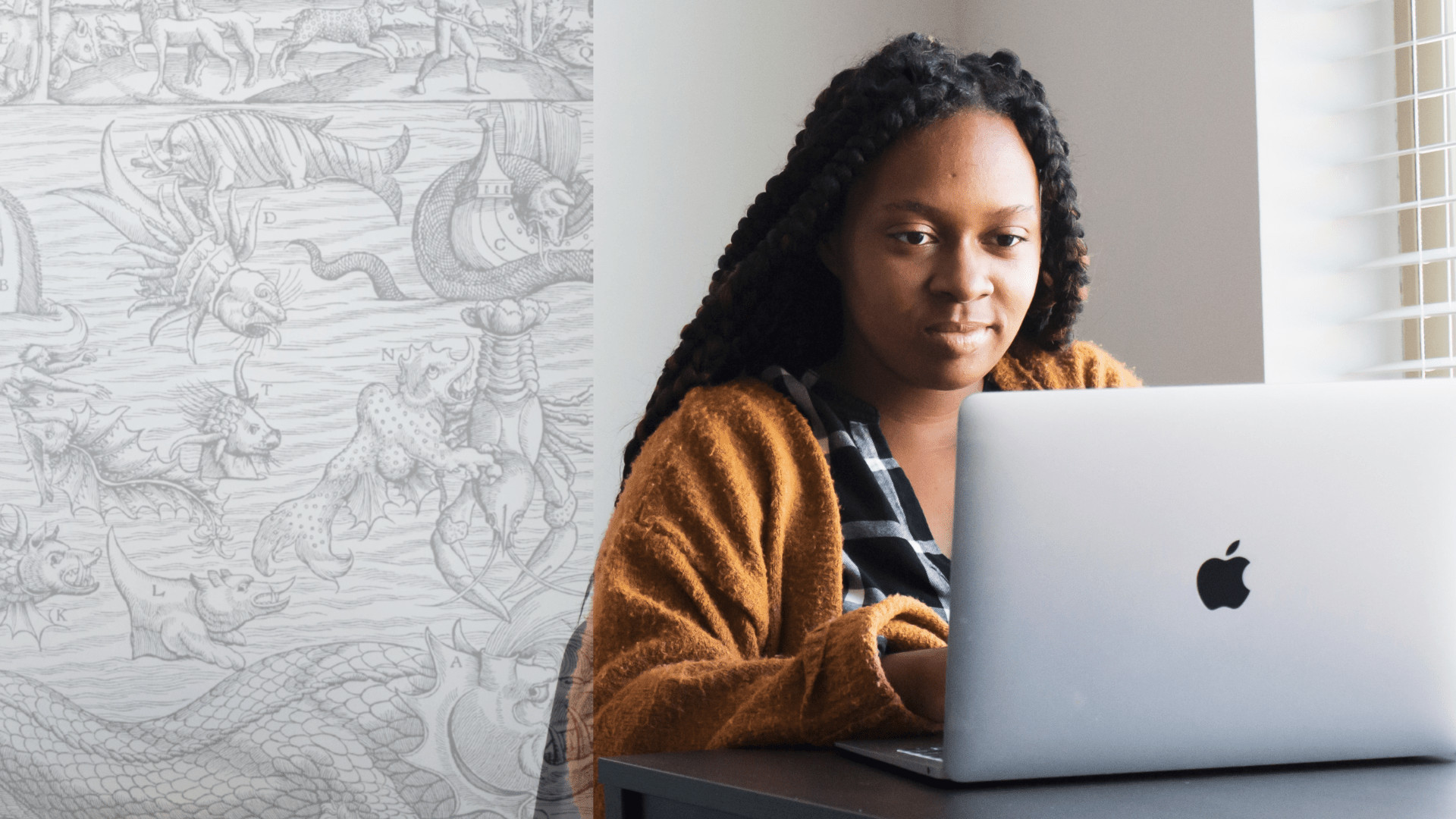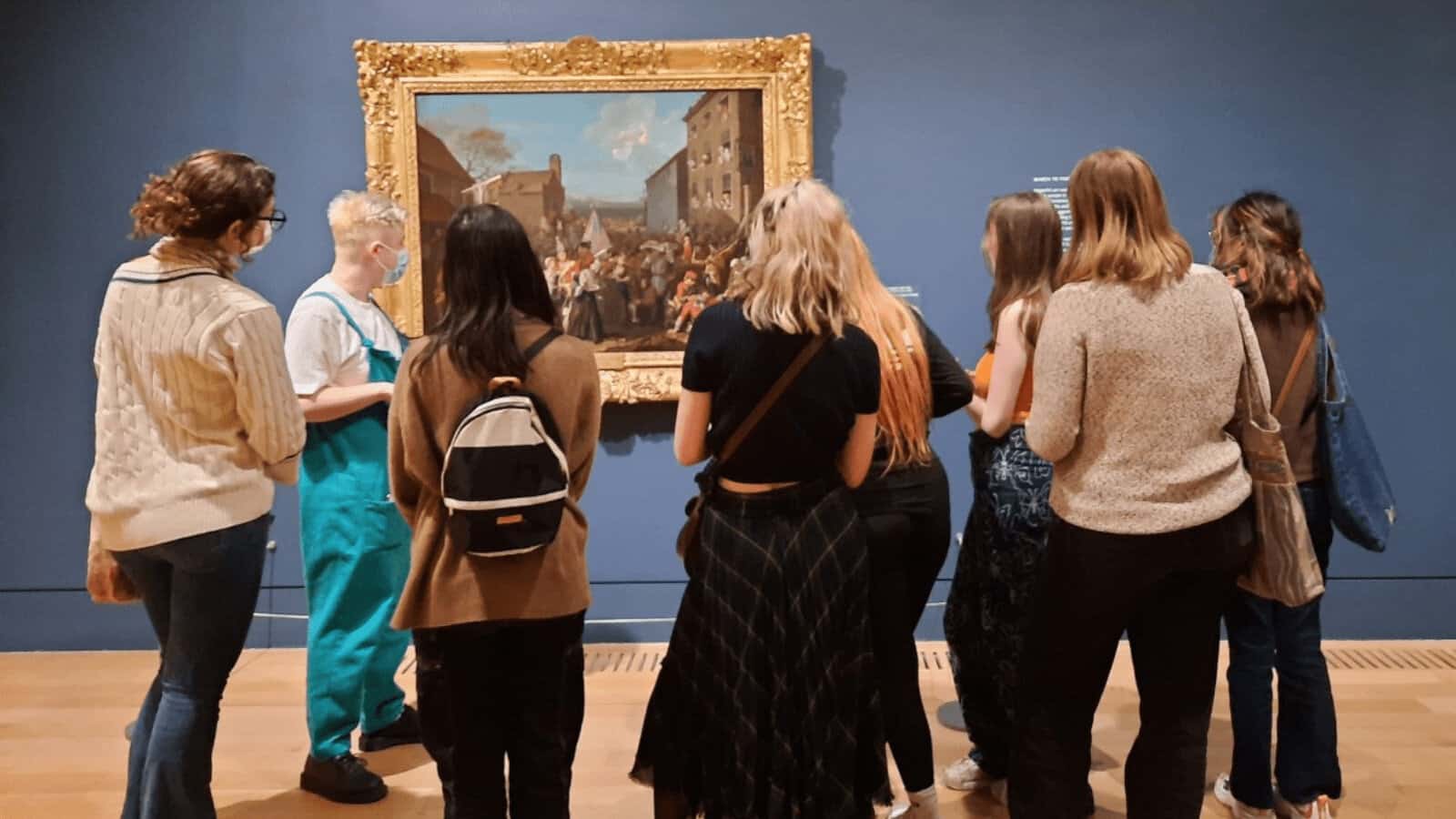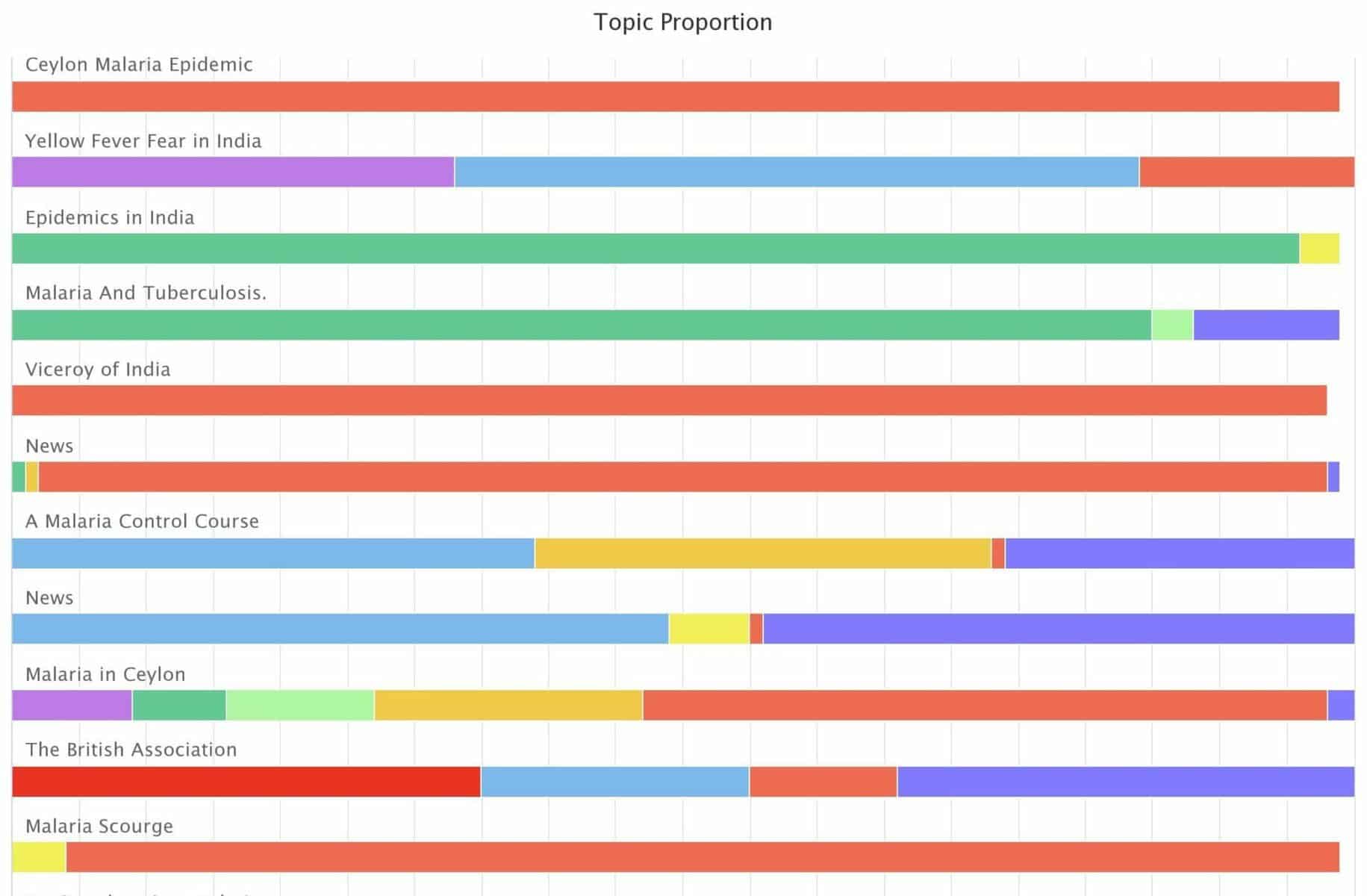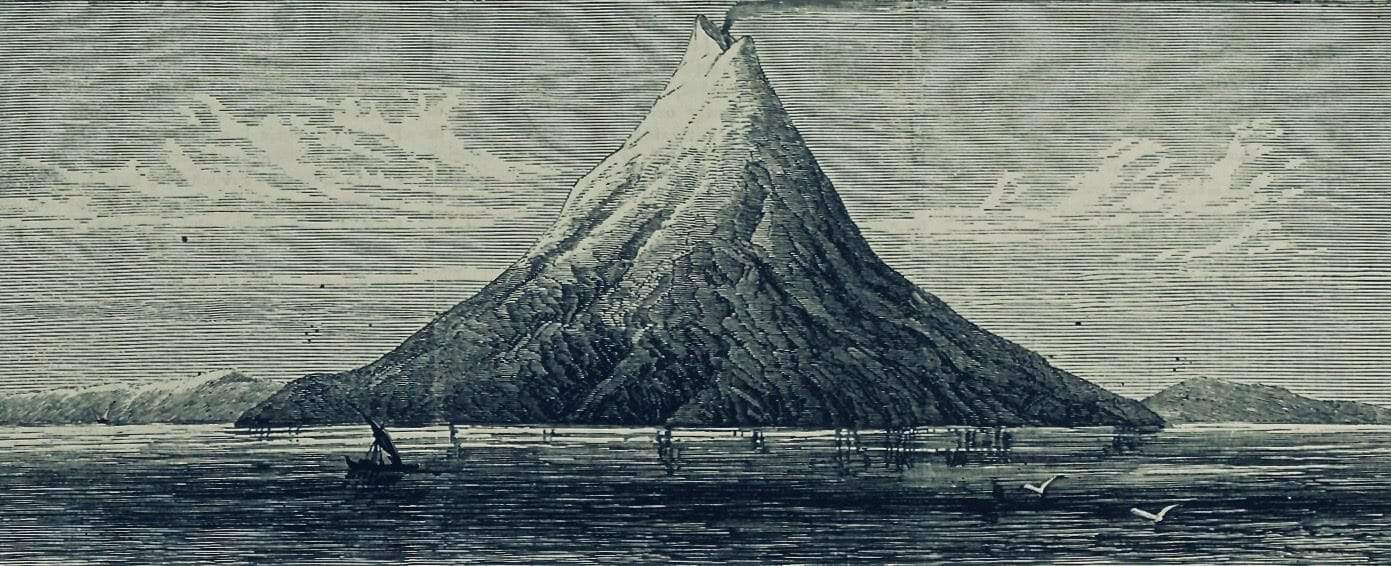│By Heather Colley, Doctoral Student at the University of Oxford│
The history of technological development is synonymous with a history of cultural criticism that questions the applications and ramifications of that very tech. The work of Walter Benjamin is perhaps some of the most significant and perennial in the realm of technology criticism; and, in the age of artificial intelligence, some ideas from his seminal “The Work of Art in the Age of Mechanical Reproduction”1 offer a useful lens into ever-present – and increasing – concerns about relationships between art, authenticity, criticism, and “mechanical production.”

